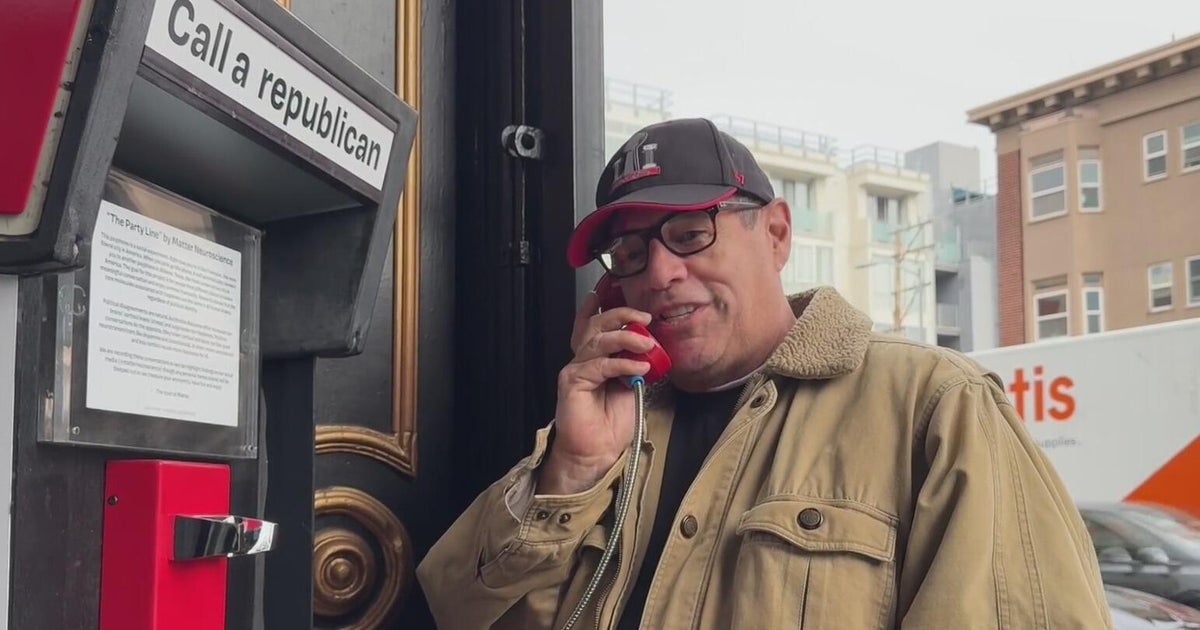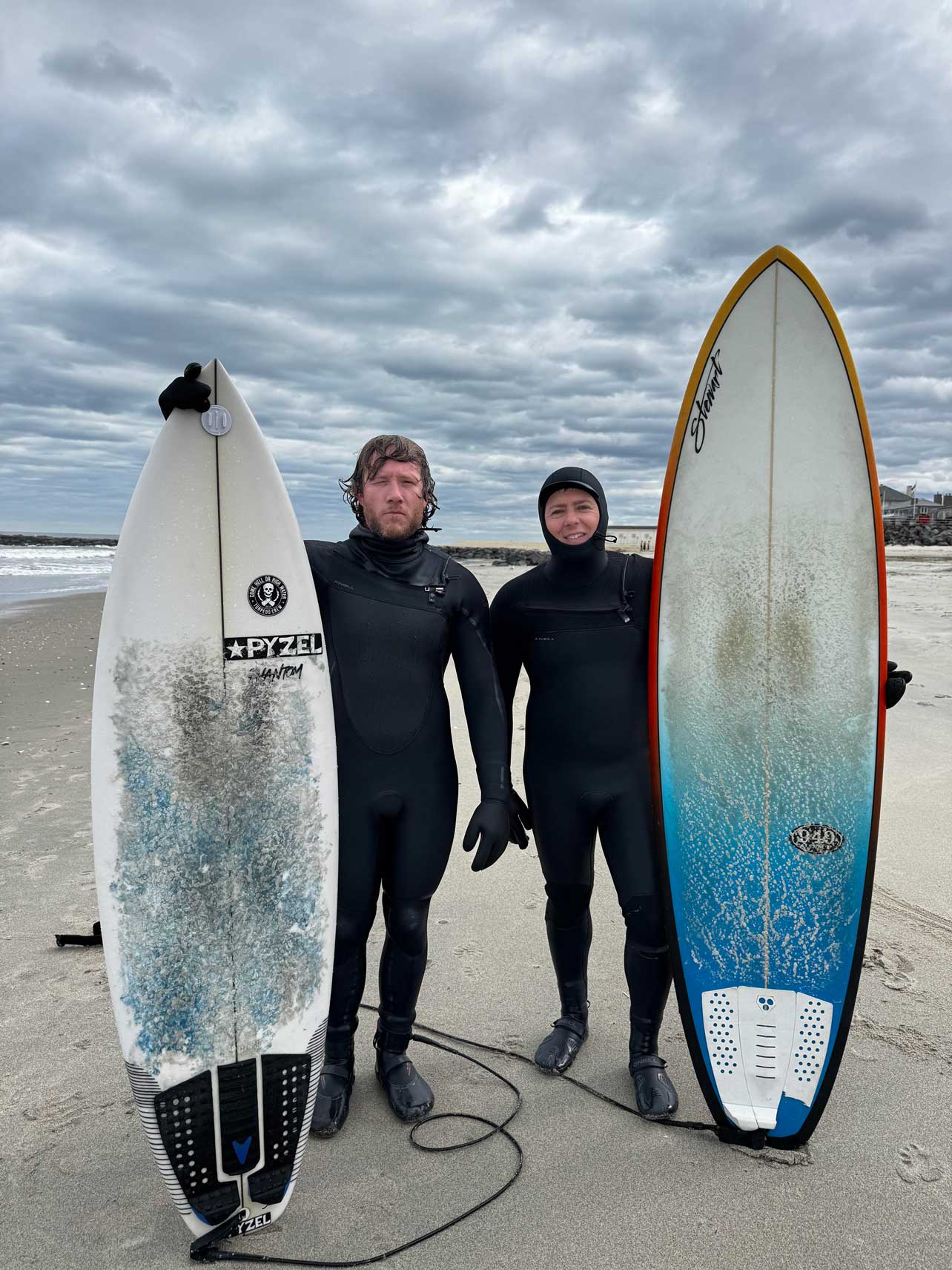"People are angry, universally, at the government," says journalist Charlie LeDuff
Charlie LeDuff is channeling America's rage. It's a rage that unites vast swathes of the country, he says, from protesters in Ferguson to Flint, Michigan, to Detroit, to Chicago, and back to New York, even if people in those groups don't naturally find common ground.
LeDuff, both in his new book and in the seat opposite CBSN anchor Elaine Quijano on "Red & Blue," lists the best-known flashpoints of America's economic decline - most of which he's spent time in. Flint; the border with Mexico; McAllen, Texas; Detroit and Erie, Pennsylvania. LeDuff describes them all in vignettes of pure frustration – a common bedrock of rage that roiled the 2016 election and, according to LeDuff, led the nation to where it is now.
"People are angry, universally, at the government," he tells CBSN. "Pick your form: Local, federal, state. Flint: They failed, them, they poisoned them … Ferguson, it wasn't just because the police dropped a black guy, they've been doing that for 400 years."
LeDuff's cameraman is a Flint native, so naturally, they went there to report.
"We go to Flint, the factory is gone," LeDuff said.
"There's a last-chance trailer park, and everybody's teeth are red. I ask the lady: 'Why's everybody's teeth red?' She goes: 'Ah, you know, they changed the water. They said it's safe to drink but it tastes like shit, so you've gotta mix it with Kool-Aid to get it down.' Two days later: First boil water advisory — we all know what happened in Flint, by the way but we don't know what's happening with Flint because that flavor of the month is gone, the media don't want to come any more."
The jab at the media of which he's part is deliberate. His book is titled "Sh*tshow: The Country's Collapsing … and the Ratings Are Great", and while he's arguable part of the elite (LeDuff counts a Pulitzer among his many awards) he's made his mark by staying on the noisier side of police cordons and avoiding the safe scrums of traditional broadcast journalism in places like Ferguson.
LeDuff visits Detroit, where people whose water has been shut off by the government are going to an abandoned building, where they forgot to turn it off. At the Mexican border, he describes how he kayaked the Rio Grande with undocumented immigrants. In North Dakota, an unemployed Latino oil worker from the Deep South offers him oral sex for $20 to pay for shelter in the cold.
LeDuff sees it all as interlinked. Jobs are gone. By his telling, far from stemming the losses, the government seems to be aiding and abetting the spiriting away of jobs and prosperity.
"Let's put it this way. [A] guy loses the value of his home because of what Wall Street's done, right, and its puppets in Washington," LeDuff said. "He goes to Iraq, or his brother or his cousin, and they come back home on popsicle sticks and they wait for that appointment at the V.A. that never seems to be coming and guys are dying or waiting while they lie about it. The job is is off to Mexico. Right. Then you go to Mexico and there's the former jobs from Flint and they're making a dollar an hour and these clowns have been telling us it's six an hour.
"Ask somebody in Ferguson: "The government is my enemy." Ask somebody in Flint: "The government is my enemy." Ask somebody that used to have that job. Like, 'What about us?'"




